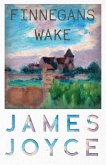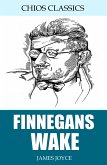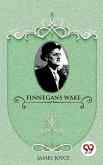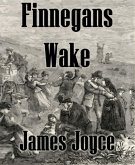James Joyce's "Finnegans Wake" is a masterful exploration of the complexities of human consciousness and the cyclical nature of history. Written in a stream-of-consciousness style, the text is renowned for its intricate wordplay and inventive language, challenging conventional narrative structures. This groundbreaking work, completed in 1939, is steeped in mythic resonance and layered meanings, weaving together a tapestry of dreams, memories, and historical references that evoke the fluidity of time and identity. Joyce's use of multilingual puns and neologisms not only creates a unique literary experience but also reflects the burgeoning modernist movement of the early 20th century, grappling with the fragmentation of reality in a post-war world. James Joyce, an Irish novelist and a key figure in modernist literature, sought to transcend the limitations of traditional narrative forms, leading to the creation of "Finnegans Wake." His experiences in Dublin, coupled with his profound interest in linguistics and philosophy, significantly informed his writing. Joyce's previous works, including "A Portrait of the Artist as a Young Man" and "Ulysses," set the stage for this ambitious endeavor, marking his desire to encapsulate the entirety of human experience through a unique literary lens. "Finnegans Wake" is highly recommended for readers eager to delve into the depths of literary experimentation and philosophical inquiry. It invites exploration for those willing to engage with its complexity, promising a rewarding journey through Joyce's unparalleled linguistic artistry. This work is not merely a book but a transformative experience-offering insights into the nature of existence, identity, and the human condition.
Dieser Download kann aus rechtlichen Gründen nur mit Rechnungsadresse in A, B, BG, CY, CZ, D, DK, EW, FIN, F, GR, HR, H, IRL, I, LT, L, LR, M, NL, PL, P, R, S, SLO, SK ausgeliefert werden.









